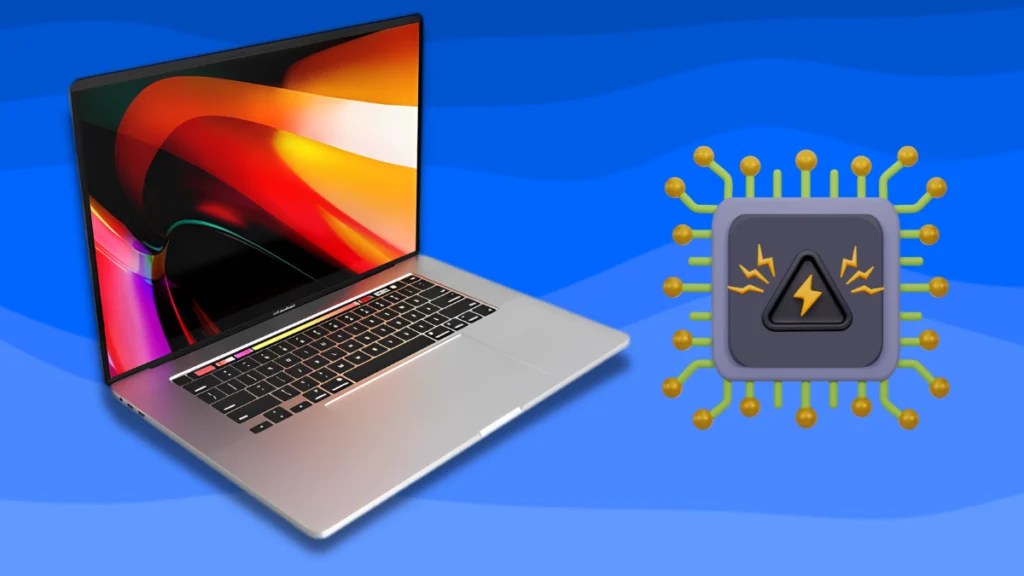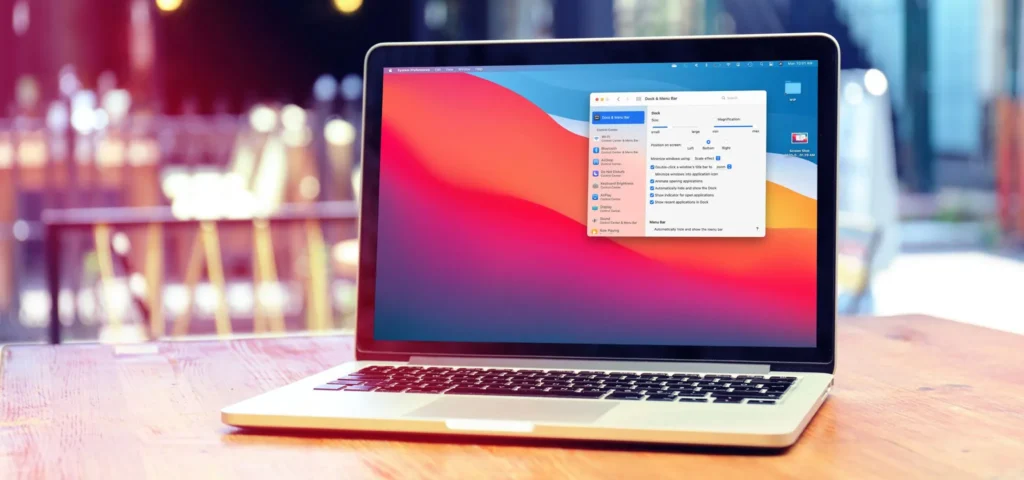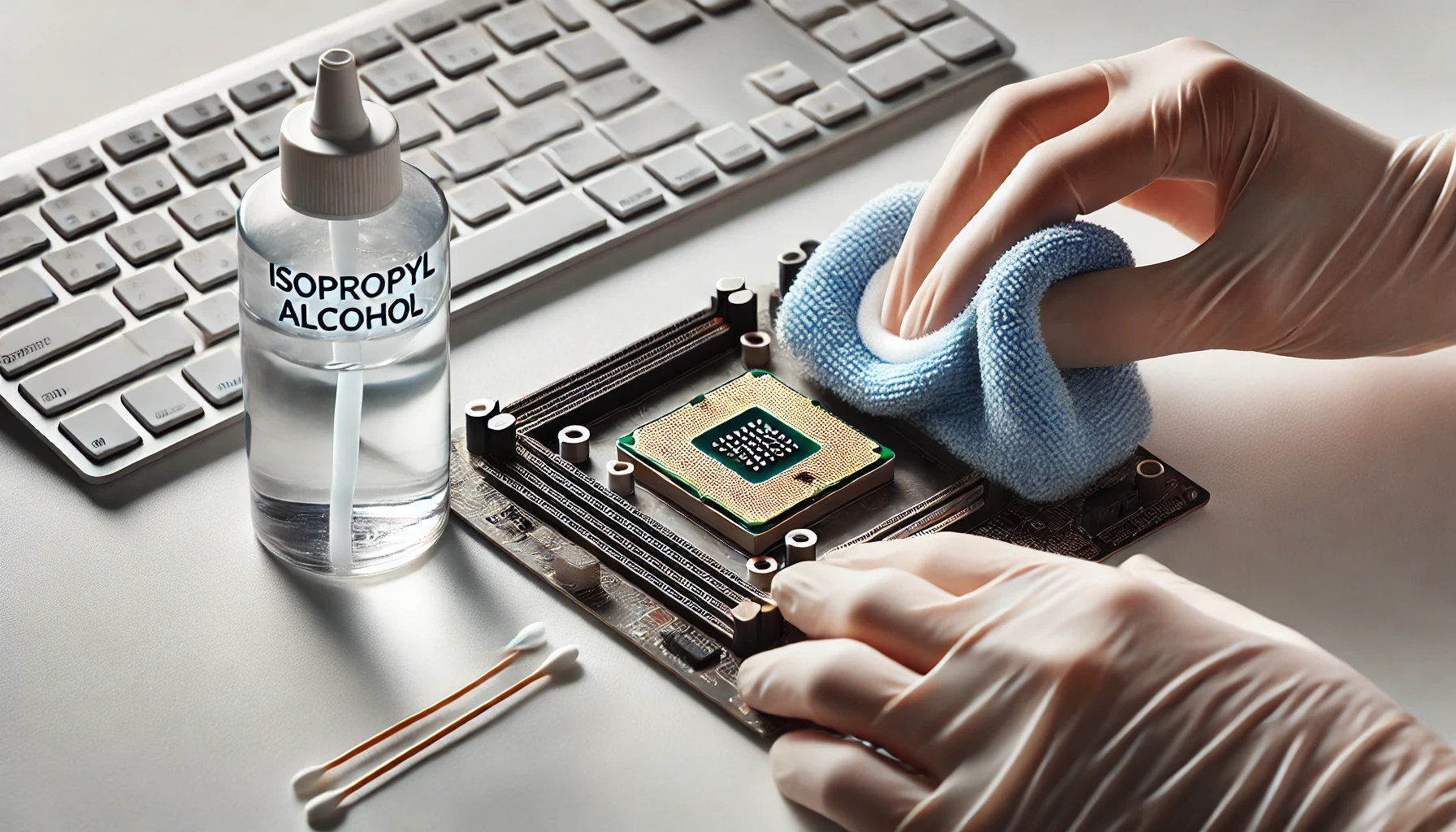why is mac cpu underperforming low. CPU underperformance in Mac computers occurs when the processor operates below its expected efficiency and speed. As a result, you may experience slow response times, lagging applications, and reduced computer performance. If your Mac’s CPU isn’t operating at peak performance, you could experience annoying delays and less productivity.
Read more about Is a CPU Register Falling Edge?
Picture yourself working on an important project, and then your Mac goes slow like an exhausted snail, spending forever completing simple tasks. The spinning wheel of doom becomes your new best friend, turning what should be a silky-smooth computing experience into a pointless torture of wait and aggravation. How would you like to learn that your Mac’s slow performance has some underlying causes that you can finally do something about?
Read more about How Much Cooling Paste on CPU
While modern Macs are powerful machines, they can still experience performance degradation. Software/bloatware, background processes, low RAM, or no popular hardware can drain your CPU. Knowing about these possible slow lanes is the first step to recovering some of your Mac’s lost speed and making it operate more responsively.
Read more about How to Use Virtual CPU
Hidden Performance Killers: The Silent Mac CPU Saboteurs
Mac computers can suffer from unexpected performance issues that slowly drain their processing power. Background applications consume significant CPU resources, often running unnoticed and preventing your device from operating efficiently. Unnecessary startup programs, cached data, and outdated software contribute to these hidden performance challenges.
Read more about best-cpu-for-lga-1366
System maintenance is another key factor in keeping your Mac quick and nimble. Restarting your computer, performing regular software updates, clearing temporary files, and managing active applications can help restore your computer’s performance.
Users should monitor their system’s resource usage, close unnecessary background processes, and ensure their macOS remains current. By understanding these silent performance saboteurs, you can take proactive steps to maintain your Mac’s optimal processing capabilities and prevent unexpected slowdowns.
Read more about How Tight Should CPU Cooler Be?
Software vs. Hardware: Diagnosing Your Mac’s CPU Slowdown Epidemic

Modern Macs experience performance challenges due to interactions between complex software and hardware components. Software problems, such as an old operating system, memory-hungry background apps, and fragmented data on disks, can also reduce CPU throughput. These digital bottlenecks unnecessarily stress your computer’s processing abilities, resulting in random slowdowns and inefficiencies.
Read more about Can I Plug the CPU Fan Into the AIO Pump? Complete Guide
Hardware limitations also contribute to Mac’s CPU performance problems. Aging processors, insufficient RAM, and limited storage space can dramatically reduce computing speed. Users should regularly check their system specifications, monitor resource consumption, and consider strategic upgrades. Carrying out regular clean-up procedures like clearing cache files, removing unwanted applications, and refreshing system software will allow your Mac to recover its initial working speed and guarantee seamless, practical performance.
Read more about Can a CPU Get Too Cold?
7 Deadly Sins of Mac CPU Performance: How You’re Screwing It Up
Many Mac users unknowingly cripple their computer’s performance by making common mistakes that over-user CPU. Keeping multiple browser tabs open, running numerous background applications, and neglecting software updates are primary performance killers. Unnecessary startup programs consume valuable processing power, creating significant system slowdowns. Users frequently ignore critical maintenance tasks that could prevent performance degradation.
Read more about Do I Need to Reinstall Windows with a New CPU?
Professional Mac maintenance requires strategic intervention and proactive management. Regularly clearing the system cache, uninstalling unused applications, and managing startup programs can restore processing efficiency. Users should monitor system resources, limit background processes, and ensure timely software updates. Implementing simple digital hygiene practices helps prevent performance bottlenecks and maintains your Mac’s optimal processing capabilities. Understanding these critical performance factors empowers users to protect their computer’s speed and functionality.
Read more about How to Monitor CPU Fan Speed?
Under the Hood: Comprehensive Analysis of Mac CPU Performance Bottlenecks
Mac CPU performance relies on complex interactions between hardware and software systems. Internal components like processors, RAM, and storage drives influence computing speed and efficiency. Background applications consume significant processing power, creating unexpected system slowdowns. Thermal management and cooling systems are critical in maintaining optimal CPU performance. Users must understand these technical interconnections to diagnose and resolve performance challenges effectively.
Read more about How to Check CPU Temperature
Comprehensive performance analysis requires systematic monitoring and strategic interventions. Regular system updates, application management, and hardware maintenance can restore Mac’s processing capabilities. Users should track resource consumption, clean temporary files, and optimize system settings. Professional diagnostic tools help identify specific performance bottlenecks and provide targeted solutions. Understanding these technical dynamics empowers Mac users to maintain their computer’s speed, responsiveness, and efficiency.
Read more about cpu vrm switching frequency auto or fixed
Reclaim Your Mac’s Speed: Proven Strategies to Boost CPU Performance

Mac performance optimization requires systematic and strategic approaches to restore processing capabilities. Users can implement immediate actions to improve CPU efficiency by managing background applications and reducing system load. Clearing cache files, uninstalling unnecessary programs, and limiting startup items help free valuable processing resources. Regular software updates and sufficient storage space contribute significantly to overall system performance. These simple interventions can dramatically enhance your Mac’s computing speed.
Read more about Is Warzone CPU or GPU Intensive?
Professional maintenance techniques provide long-term solutions for CPU performance challenges. Users should regularly monitor system resources, conduct periodic software cleanups, and manage memory allocation effectively. Upgrading RAM, replacing traditional hard drives with solid-state drives, and ensuring proper thermal management can restore Mac’s original processing power.
Read more about Best Socket 1366 CPUs
Advanced users might consider professional diagnostic tools to identify specific performance bottlenecks. Implementing these comprehensive strategies helps maintain optimal system efficiency and prevents unexpected slowdowns.
Read more about Do I Need Both 8-pin CPU Power Connectors?
Mac CPU Forensics: 14 Crushing Reasons Your Mac CPU Is Pathetically Slow
Monitor CPU usage through Activity Monitor
Identify high-consuming background processes
Track memory and energy impact of applications
Detect unexpected resource-intensive programs
Performance Drain Indicators:
Consistent high CPU temperature
Frequent system fan acceleration
Unexplained battery drainage
Slow application response times
Prolonged startup and shutdown sequences
Diagnostic Techniques:
Use built-in macOS diagnostic tools
Perform regular system health checks
Compare current performance with baseline metrics
Read more about What Temperature is Too Hot for a CPU?

Read more about Do I Need a New Motherboard for a New CPU?
Conclusion about why is mac cpu underperforming-A Complete Guide!
Here are some steps that will help enhance a Mac’s performance. To keep the system running smoothly, users need to recognize that this includes but is not limited to, software selection and implementation, hardware upgrades, and other solutions and services. Regular maintenance, timely upgrades, and some fractional discipline are essential for retaining an early Mac’s processing powers. Meanwhile, systematic maintenance techniques can be used to avoid unexpected slowdowns and ensure users enjoy the same computing performance.
Read more about How Much Gold is in a CPU?
As technology progresses rapidly, Mac users must adapt to the ever-changing dynamics of performance. Some essential strategies include a defined maintenance routine, monitoring system health, and using diagnostic tools built into the systems. By taking the time to learn about your Mac’s particular needs and applying specific optimization methods, you can create a faster, smoother, and more reliable computing environment.
Read more about Can I use 70% isopropyl alcohol to clean the CPU?
FAQ’s
How do I check the CPU performance of my Mac?
Use Activity Monitor (Applications > Utilities) to see immediate CPU usage, discover which applications are resource-heavy, and check system performance. Look at the CPU tab to check the current processing load and the impact of individual applications .
Read more about Can I Use Higher Frequency RAM Than CPU?
What reasons make Mac CPU slow down?
This means that apps running in the background can use some memory.
Outdated macOS or software
Insufficient RAM
Limited storage space
Accumulated system cache
Multiple browser tabs
Aging hardware components
Read more about What Games Can My CPU Run? Complete Guide
And how frequent should Mac maintenance be?
Weekly: Clear browser cache
Monthly : Get rid of unnecessary volumes
Quarterly: Update macOS and apps
Once a year: System diagnostic by a professional
Use maintenance applications for automatic cleanup
Read more about Is 50 Degrees Celsius Hot for a CPU?
How do you save hassle on Mac CPU performance without paying?
Having too many applications open
Disabling startup programs
Clearing system cache
Updating software
Managing browser extensions
Reducing login items
Recreating the system for a fresh state
Read more about Can the Intel i5 9300H CPU Be Overclocked?
When Should I Be Thinking About Hardware Upgrades?
Mac is 4-5 years old
Performance drops considerably
Unable to run the latest software
Consistent slowdowns occur
RAM is less than 8GB
Using a traditional hard drive
Overheating regularly,
Read more about Should I Enable Limit CPUID Maximum?
Pro tip bonus: Always back up your data before major system maintenance or upgrades




